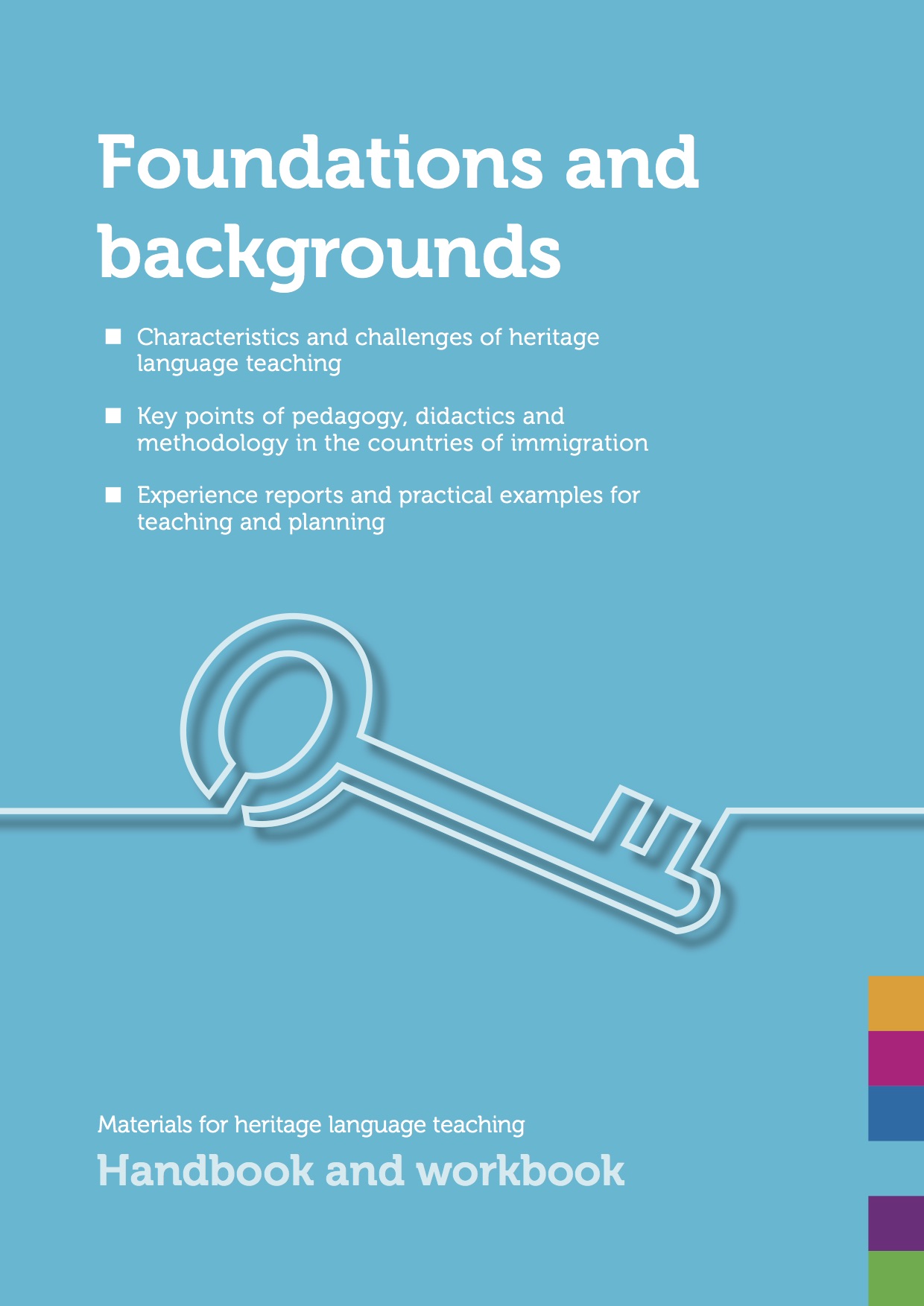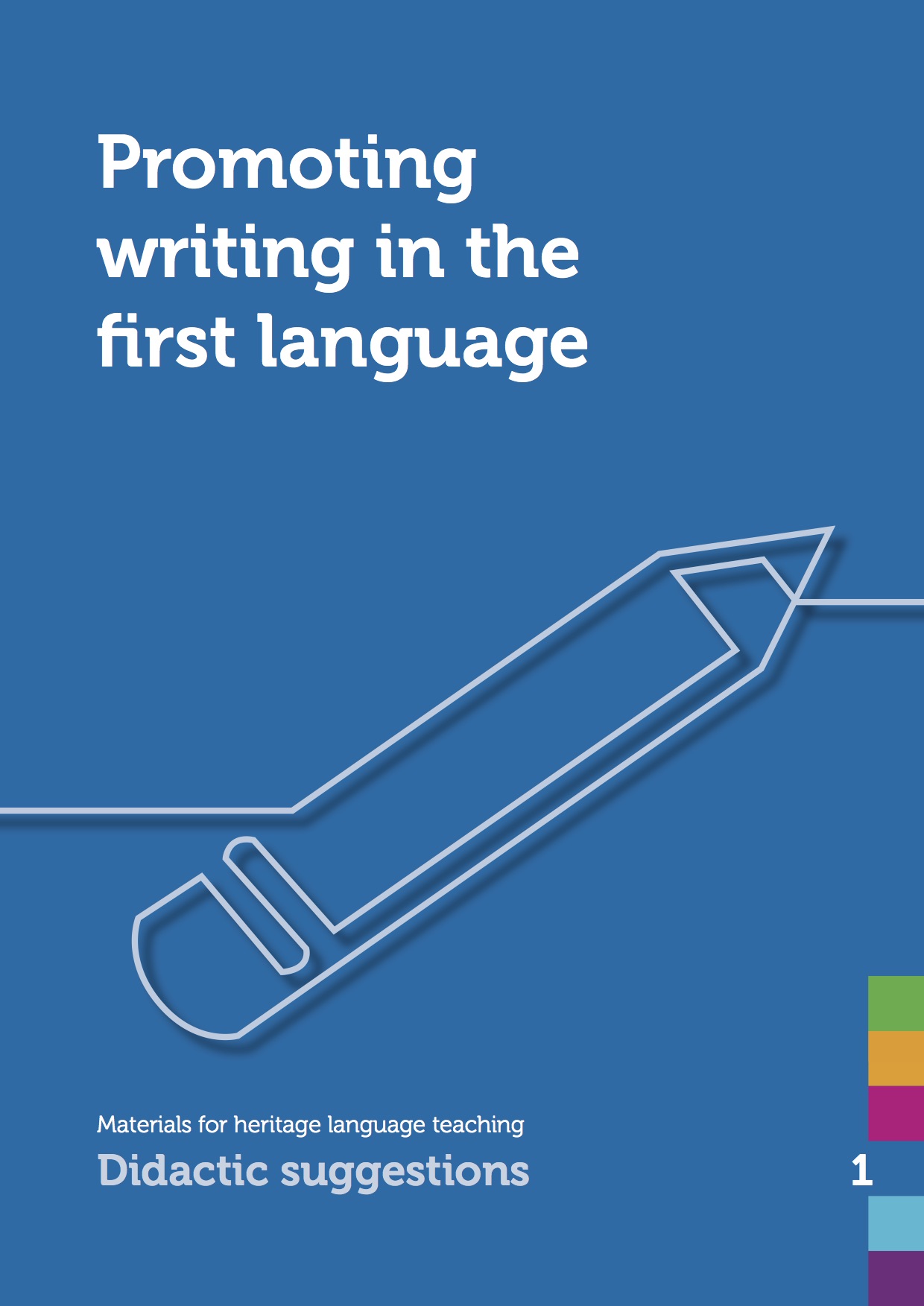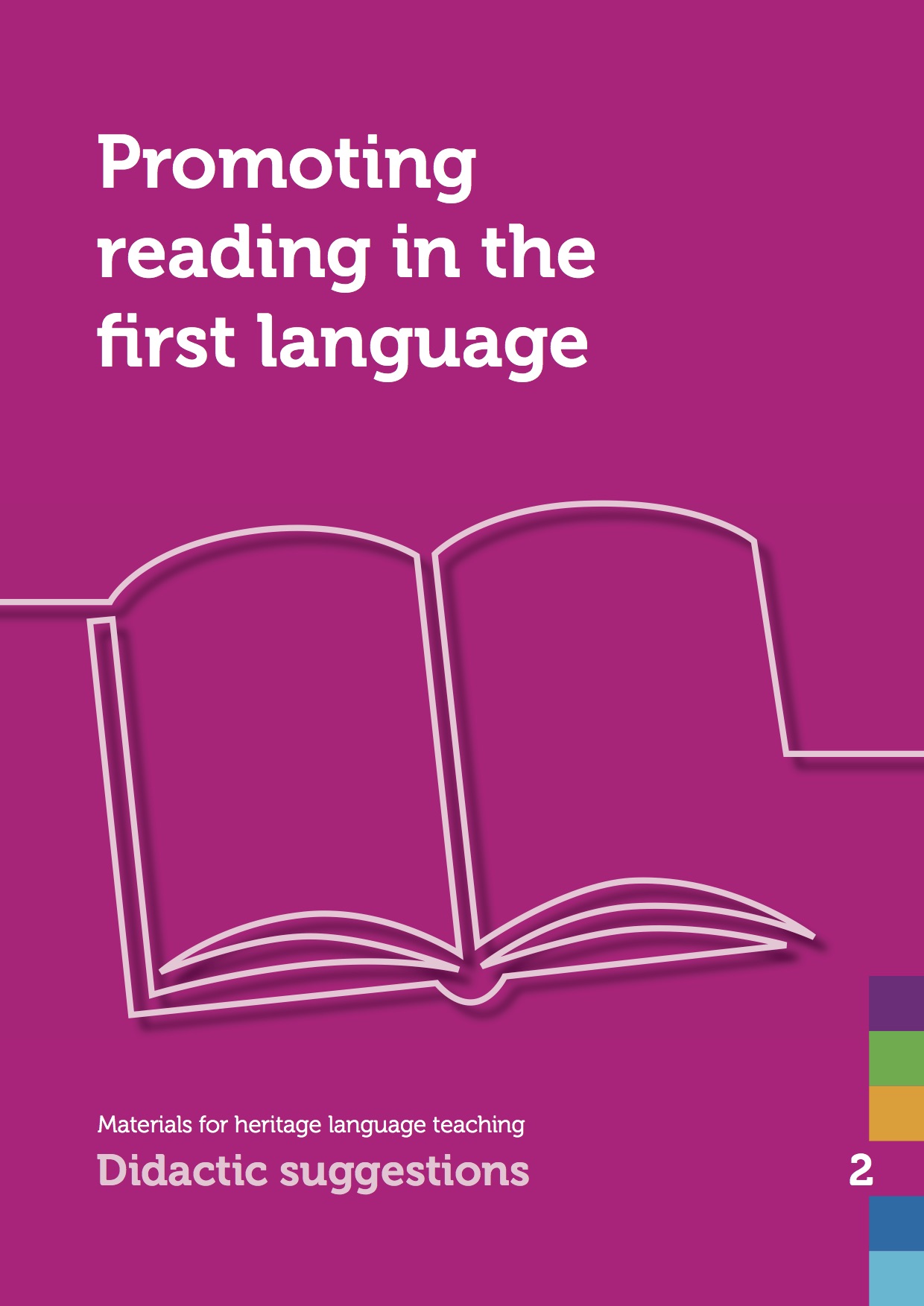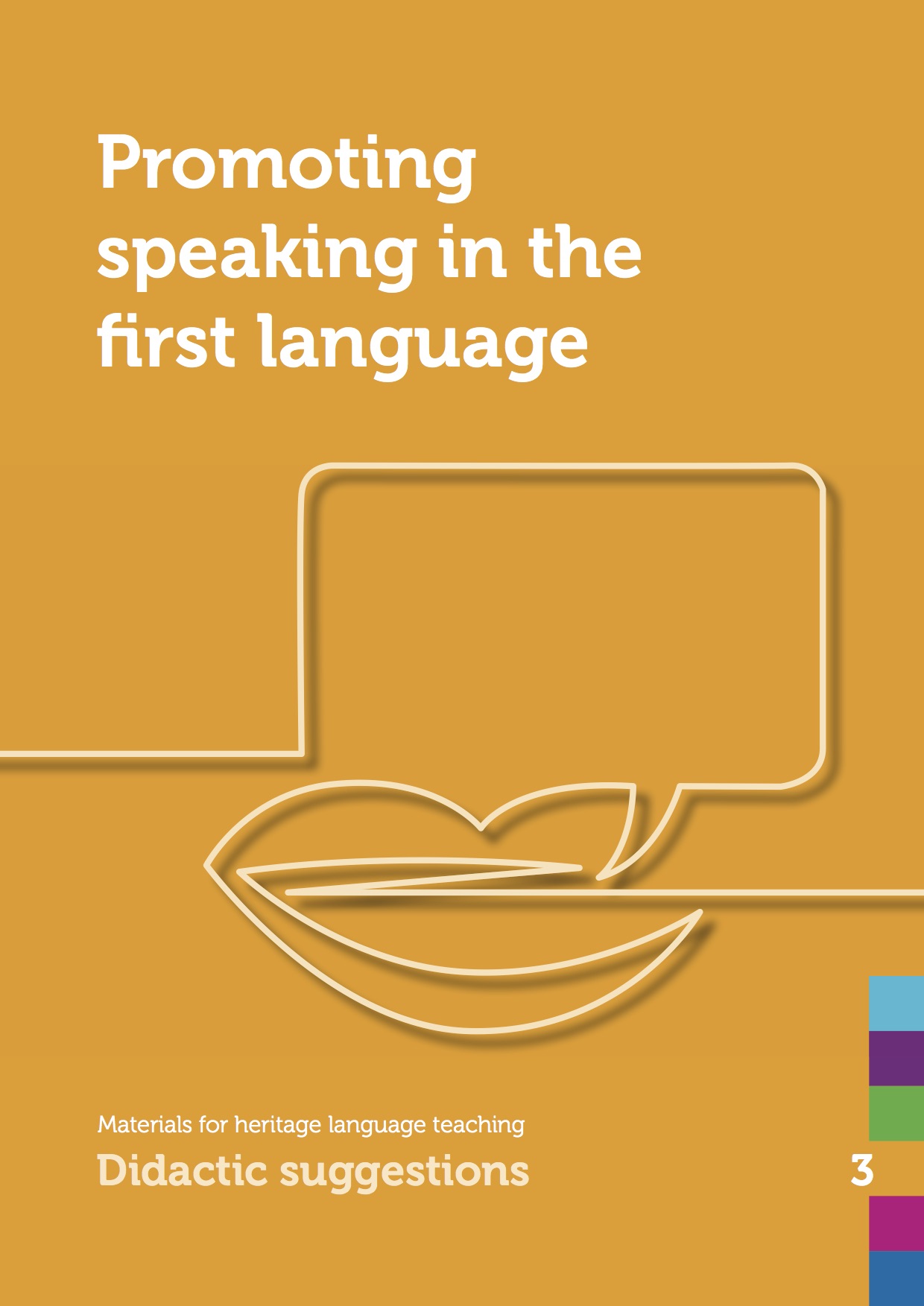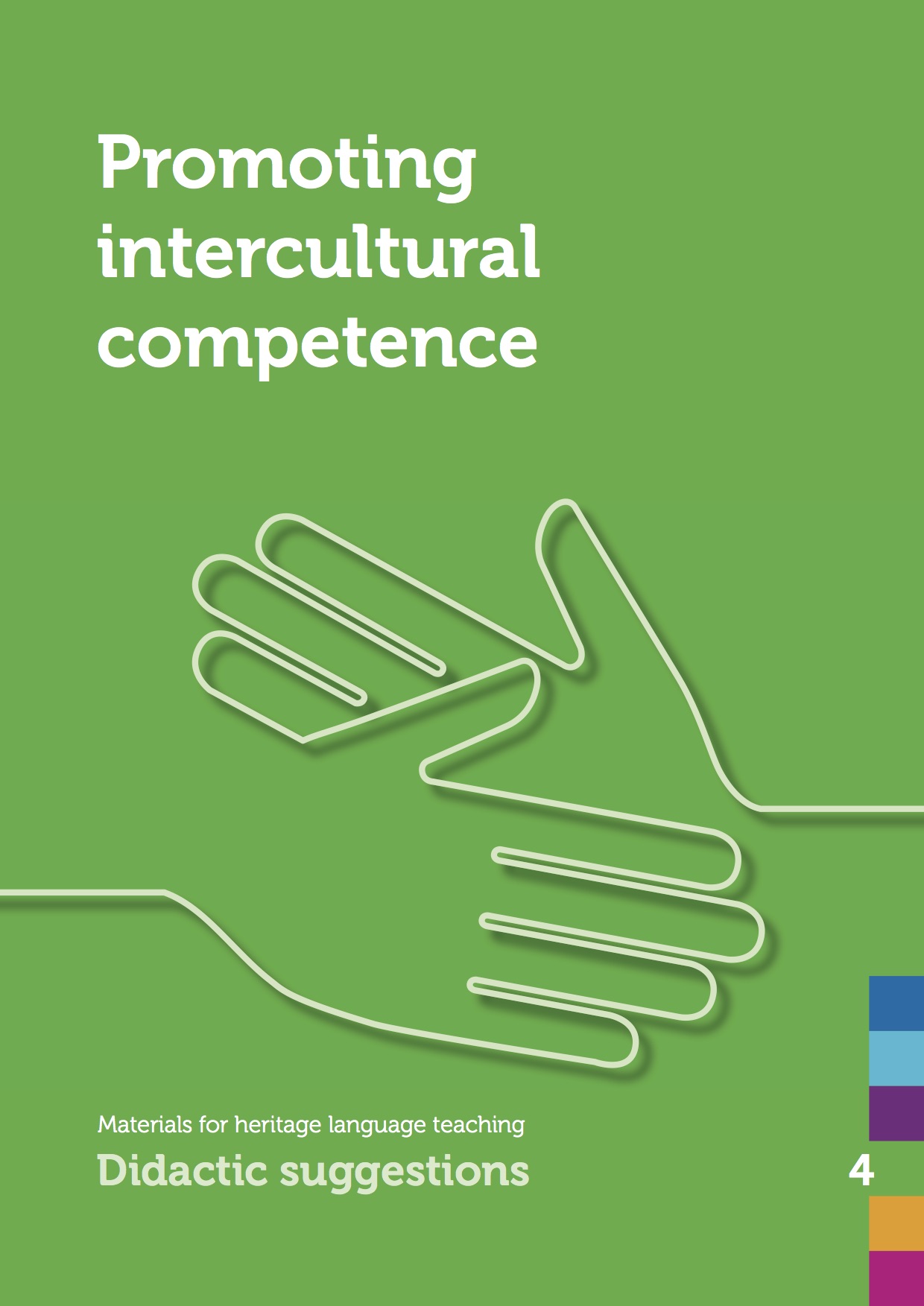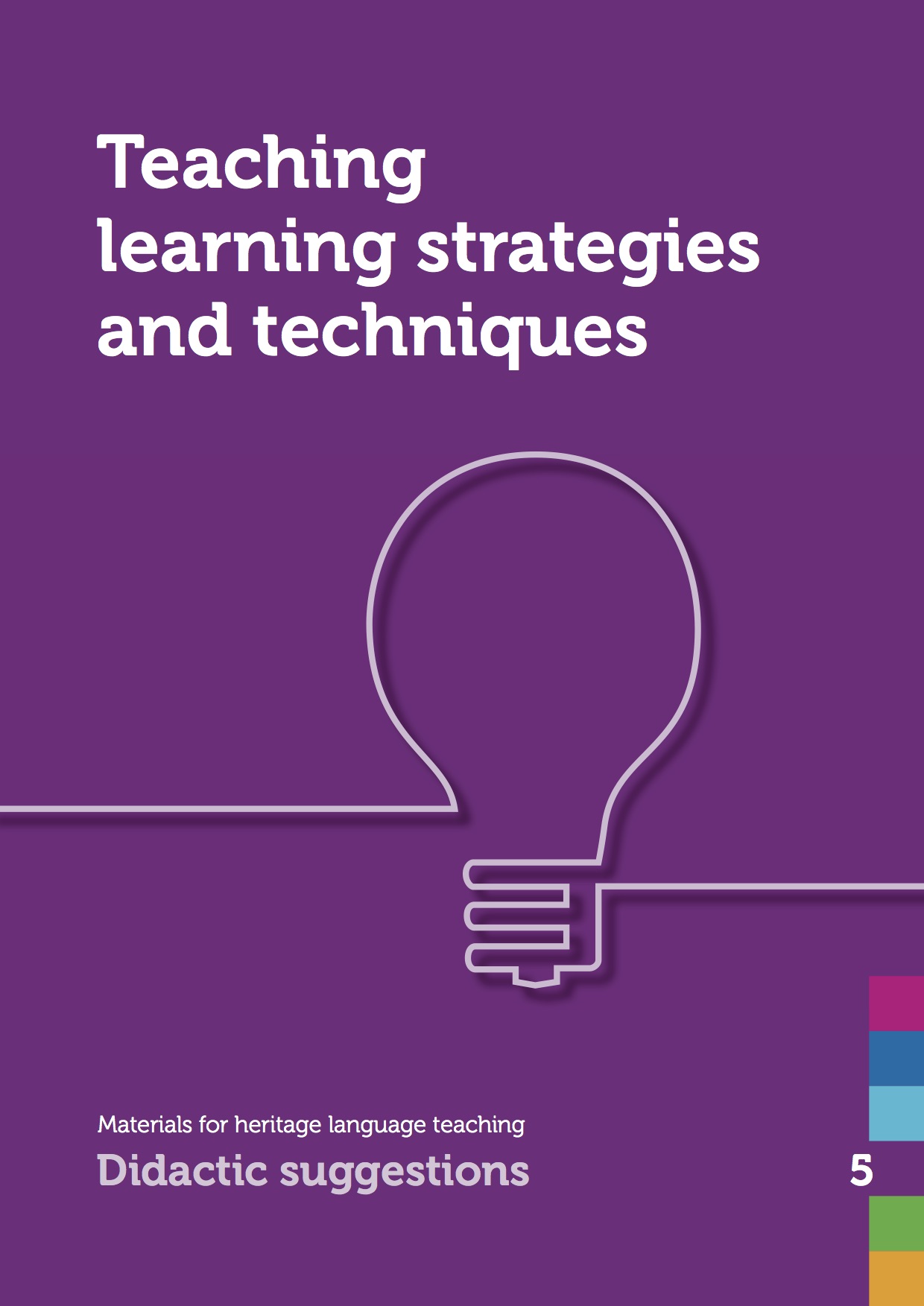How valuable and stimulating a coordinated approach between HLT and regular curriculum instruction, including the exchanges of experiences, findings and procedures can be, has been repeatedly pointed out in the foundation volume as well as in the other didactic workbooks. In light of the promotion of orality, the following aspects may be of special interest:
- Exchanges about the topic of speech education: which conversational rules apply with different instructors, how were these rules implemented and how are they practiced?
- Exchanges of methodological forms in the context of democratic conversation education: which forms (e. g. class council, pro/contra discussions, etc.) are being practiced and should be considered a prerequisite?
- Exchanges of ideas and materials for working in the area of scenic plays (small forms of school theater, etc.) and the expressive interpretation of poems and other texts.
- Getting acquainted with the ideas and materials of speech education in regular curriculum classes and with the commentaries about it. There may be adaptable, specific documentation, such as observation and assessment sheets, which could possibly be used for HLT as well.
As a cooperation project with emphasis on orality between mainstream education and HLT, the following ideas may present themselves, be it within the framework of regular curriculum education or in the context of a project week.
- A common conception of a lecture series on poems from various languages, e. g. as conclusion to a parent event; including an audio recording of a multilingual CD of poetry.
- As above, but with language games in various languages. See also teaching suggestion #7.
- As above, but with short scenes from a play or sketches in various languages, possibly a video recording.
- Moreover, see various ideas for short multilingual games and other activities in “Sprachenvielfalt als Chance” (Linguistic diversity as an opportunity), (Schader, 2013).
For the expert review of the introduction, we thank Stefan Hauser and Nadine Nell-Tuor, Center for Oral Communication at the PH Zug, as well as Claudia Ulbrich, sector for Intercultural Pedagogy, Department of Pedagogy, Elementary Education Authority, Zurich Board of Education.

